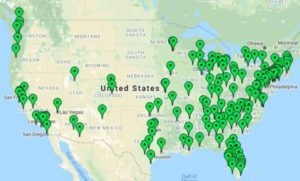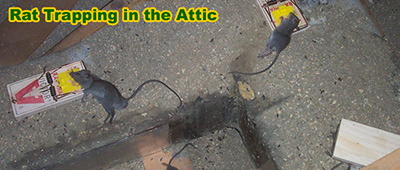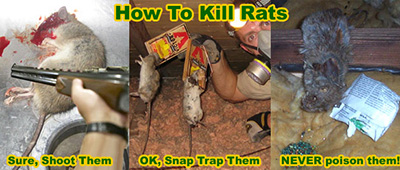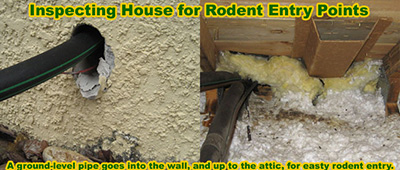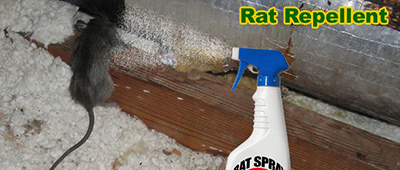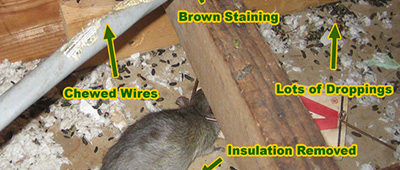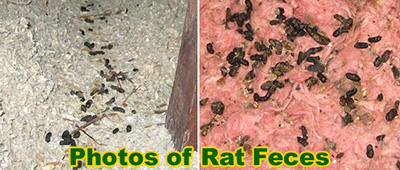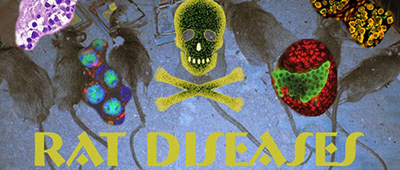If any wild animal is cornered, there is a good chance it will lash out at anything or everything that comes close to it. The chances of a rat climbing into your home, into a crib, and then biting your baby, is relatively slim, but that's not to say it cannot happen. In most cases, it will be the warmth of the baby asleep in its crib that brings the rat in further, not the promise of food.
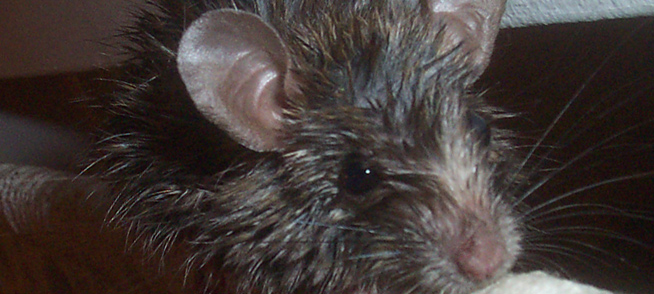
Rats, just like the majority of other wild critters, would simply prefer to run away and hide than stay and fight. They're smaller than you are, and they know they won't win that battle. They are even smaller than a baby, and most humans are predators - a danger - to these rodents. Once again, they're more likely to scamper away than investigate and get a little closer.
If you have a baby in your home, you should not allow a rat to come anywhere near it. If you have spotted a rat or a mouse, it's time to get them out, and the only way to do that successfully is with a successful seal-and-repair operation, followed by a length trapping and disposal process. It's not pleasant, but it does need to be done. Rats, although they probably won't bite your children, can pass on many dangerous diseases, and some of these could even potentially result in death. It's just not worth the risk. If you have rats in your home, it's most definitely time to get them out.
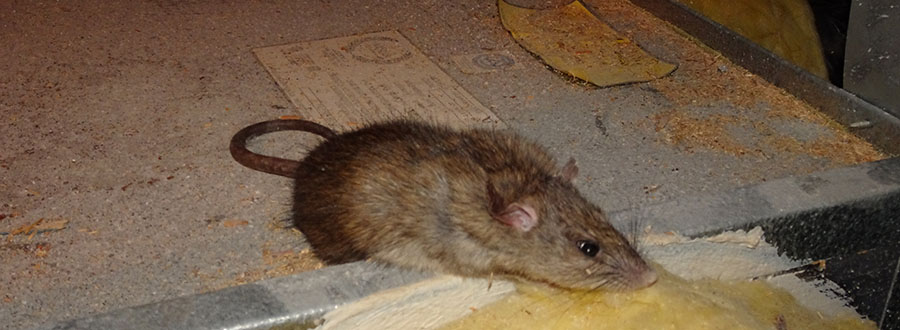
A rat biting a baby in its sleep is a major concern for many mothers. Every day, we see more news on the internet, about rats attacking babies. As we well know, rats are considered dirty animals and transmitters of diseases, so the bite of a rat to a baby could be something really serious.
But, can rats really bite a baby in its sleep?
Let's find out together.
Can rats climb into my baby's crib?
Rats and mice are very agile animals. Climbing into a crib wouldn't be a difficult task for them since they can easily climb on the wooden surface. However, it is important to ask yourself why would a rat climb into a baby's crib while he or she is sleeping?
Reasons why a rat might climb into a baby's crib
Rats like to keep a low profile, which is why getting into bed with humans is not very common. A rat might climb into a baby's crib in some of the following cases:
- Food residue in the crib: If the crib is very dirty, rats may be attracted to food residue or crumbs. That's why you should be careful to check the sheets and make sure it's completely clean. That is to say, without anything that could attract these rodents.
- Rats are attracted to babies: Another reason why a rat might invade a sleeping baby's crib is because of its smell. The smell of milk as well as other baby foods is usually very attractive to a rat looking for food.
It is recommended that after a baby finishes their bottle, you quickly remove it and wash their hands and face. A clean baby in a clean crib is much safer against a rat attack.
So could a rat really bite a sleeping baby?
Rats are not known to be aggressive animals. On the contrary, they are usually very docile, although we humans think this is unlikely. One thing that is certain is that rats only bite when they feel in danger or are being threatened. However, if for some reason your baby is bitten, the best thing to do is to seek urgent medical attention.
How do you keep rats away from your baby's crib?
If there are small ones in the house, it is best to use methods that do not affect the baby's health. This is why rat poison is not recommended.
- Use ultrasonic repellents to get rid of rats and mice
- Use mouse traps
- Use peppermint oil
- Keep your house and bedroom clean
Remember that if there are rats in your home, they may also be living in the children's room of the house. The best thing to do is to get these little invaders out of the house. If it is not possible to get them out on your own, it is recommended that you seek professional help.
Although they are not aggressive, they can bite humans. Fortunately, there are many ways to protect yourself and your family from such incidents.

